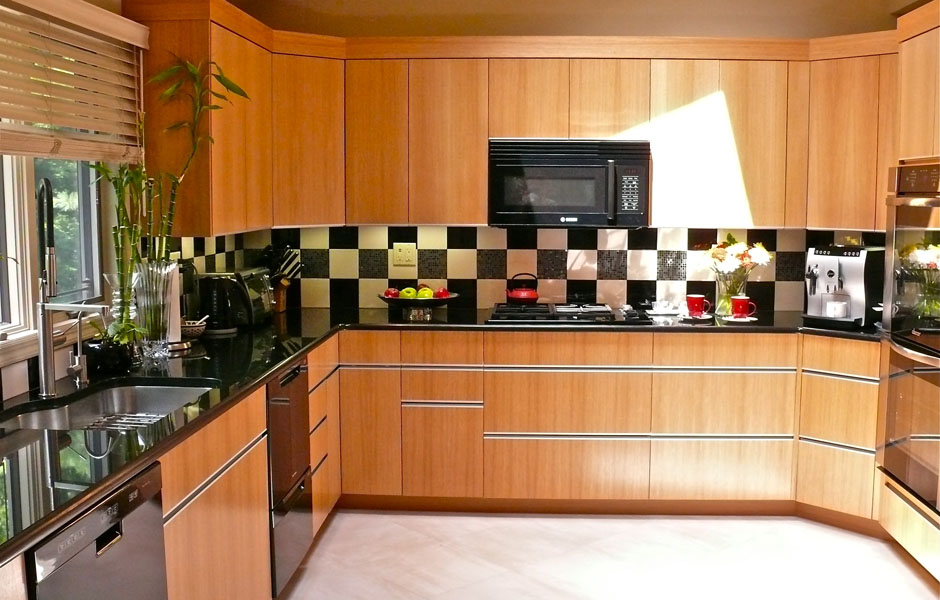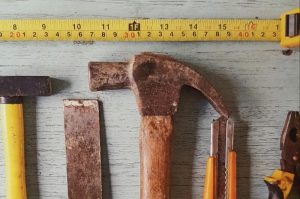HOW TO CARE FOR NATURAL STONE
As a professional interior designer in Bergen County, NJ, clients look to me to provide them with information regarding health concerns and cleanliness. Kitchens and baths are the spaces that need our attention the most. They are the areas with the most germs and are vital to our health. Many homes have natural stone counters, floors and walls.
Cleaning and sealing stone is essential information and knowing how to disinfect our surfaces properly is important too. Stone is strong and beautiful. Whether it is marble, limestone, granite, or quartzite, it is easier to maintain than often thought.

#1. HOW DO I TAKE CARE OF THE STONE WALLS IN MY SHOWER OR BATHROOM?
It is recommended that you use a squeegee on any walls that encounter water. Clean with fresh water or a dilution of pH=balanced stone cleaner.
#2. WHAT ABOUT MY STONE COUNTER?
Use a pH-neutral dilution of dish soap and then rinse well and wipe with a towel.
#3. HOW ABOUT MY STONE FLOORS?
For general walk areas inside the house, it is a good idea to make sure to place a coarse mat outside to remove grit, sand, dirt, pebbles from shoes before stepping inside. Then inside the entrance, have a second mat. It will catch the rest of the sand etc. coming in on the shoes. This mat should have a slip resistant lining to prevent scratching the surface of the flooring.
When vacuuming, look at the wheels to make sure they aren’t worn or warped to prevent scratches as well.
#4. WHAT PRODUCTS CAN I USE/OR NOT USE BESIDES WATER TO CLEAN?
Use the type of cleaners specified for your type of stone. No vinegar or ammonia in the cleaner. (I use Glass Plus with no ammonia on my granite.)
You can use MR CLEAN eraser-type of sponges dampened with water.
DO NOT use lemon, vinegar, or other acids on stone or adjoining glass.
DO NOT use scouring powders or creams with abrasives that can scratch certain stones.
DO NOT use rust removers, toilet bowl cleaners on stone or near it for bathroom floors. These contain certain amounts of HF (hydrofluoric acid) that attack the stone.
You can use LYSOL spray and other similar sprays to disinfect. Hydrogen peroxide and alcohol are reliable too. When you spray the surface, don’t dry it with a towel. Just let the disinfectant evaporate.
#5. SHOULD I SEAL THE STONE? HOW DO I KNOW IF I NEED TO?
Sealing is a great extra precaution against staining. The products applied penetrate and act to repel things that can stain. But you should know, it DOES NOT make the stone stain-proof. Just more stain resistant.
A professional application is a good suggestion. The sealant is applied and allowed to absorb completely. The process is repeated until the fluid can no longer be absorbed. The excess is blotted up. Certain stones like granite are not very porous and don’t absorb readily so the sealant lasts a long time. Other stones like marble are very porous and the sealant is applied much more often.
How do you know if it is time?
Drop a droplet of water on the stone. If it sits there and beads up, the surface is protected. If it is absorbed, it is time!

